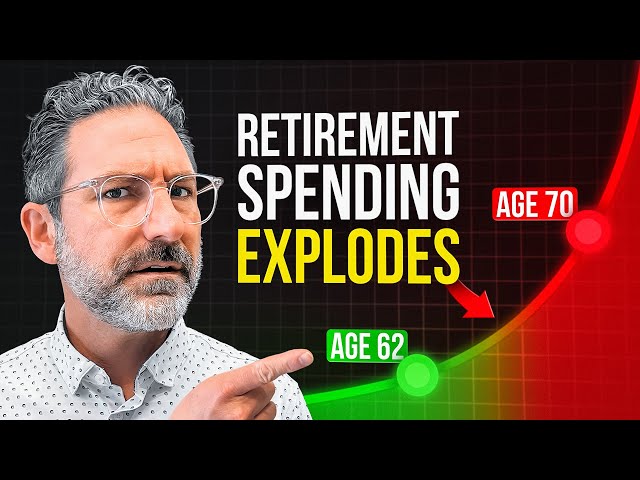Have you ever thought about retiring abroad?
If this is something you’ve considered, you’re not alone. Research shows that at least 12% of Americans say they have thought about moving abroad in retirement. (cite)
But whether you’ve dreamed about relocating to a Caribbean island, to Italy, or somewhere else, actually doing so is a complicated proposal.
Here are three things you should know about becoming an ex-pat in retirement:
1. Determine residency requirements of your dream destination
The hoops you’ll need to jump through in order to establish residency vary by country.
Some places require relatively significant passive income in addition to a significant amount of personal savings to cover unforeseen events. One example is Ireland, which requires an annual income of around $60,000.
Other countries have age requirements and low monthly income requirements to retire there. Costa Rica requires a monthly income of $2,500 a month, half of the annual income required by Ireland.
Timeframes to establish residency also differ from place to place.
Finally, understand the different statuses of residency in your destination country. There may be short-term, long-term and permanent levels, each with different requirements.
2. Figure out your tax situation
If you’re a citizen of the U.S., you may have to pay U.S. taxes – and you will always have to file tax returns. However, you may find that certain countries on your list are tax-friendlier than others. For example, the U.S. maintains a tax treaty with Japan and Italy that reduces the tax rate that retirees pay while living abroad.
3. Have a plan for healthcare
One major consideration for retiring abroad is how you’ll pay for medical care.
First, understand that Medicare coverage does not (generally) extend outside of the U.S save for a handful of exceptions that apply to very specific situations.
Second, remember that you’ll pay a penalty for every 12-month period that you are eligible to enroll in Medicare Part B (medical insurance) – which comes with a monthly premium – but don’t; your lifetime premiums will increase by 10% each year that you fail to enroll.
Third, if you plan to live abroad, but are considering returning to the U.S. in your later years (or if you will still spend a significant amount of time visiting the U.S.), it may be a good idea to pay the Medicare Part B monthly premiums even though you can’t use the coverage until you move back to the States. Doing so means you’ll avoid the late penalty.
Still, there are some circumstances under which you should consider waiting to enroll in Part B. In any event, understanding what healthcare will cost you in your dream destination is also an essential part of planning to retire abroad. Some countries have excellent healthcare for low (or even no) cost. Others don’t.
How to Get Started
These are just a few of many important considerations for retiring abroad. While the idea of making such a move may excite you, it’s can be risky and challenging financially. Proper planning with a financial advisor ahead of your move will help you be successful while protecting your finances from unnecessary tax bills.
If you’re not yet working with a financial advisor, a member of our network may be able to help. Click here to get started with a no-cost, no-obligation consultation.
__________________________________
Alli Thomas

Alli Thomas has worked in the financial services industry for nearly 20 years, with a focus on retirement-related investing. She began her career as a FINRA-licensed participant-services call-center associate at Vanguard, and then moved to Principal Financial Group, where she worked closely with employers, assisting with retirement plan set-up and design, selecting appropriate plan investment offerings, and maximizing employee participation through targeted education campaigns and enrollment meetings. Alli has also worked as a qualified 401(k)administrator and registered investment advisor for several small investment firms. She now writes about all things investment- and finance-related, leveraging her extensive experience and passion for retirement planning to help investors make well-informed financial decisions.








.jpg)







